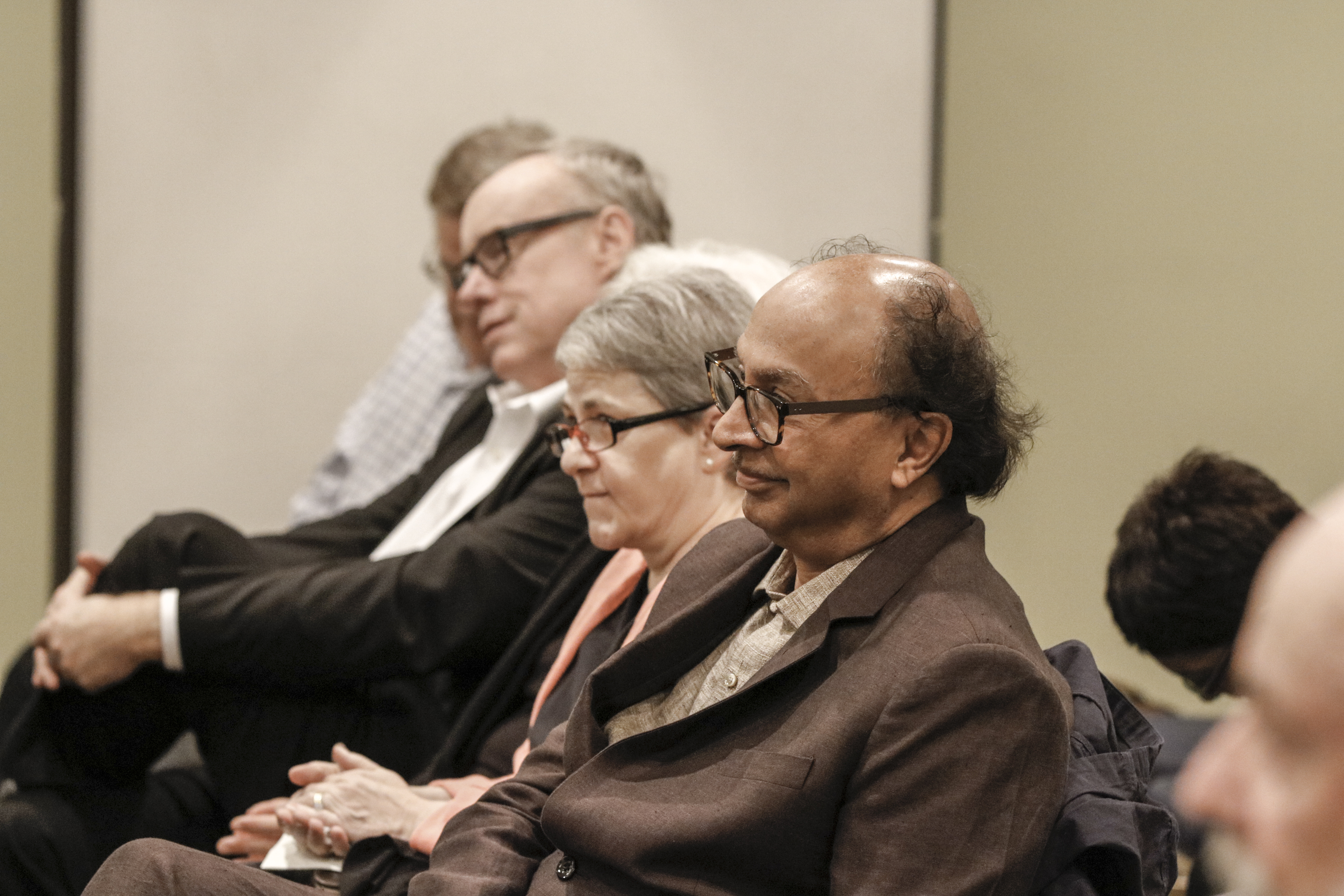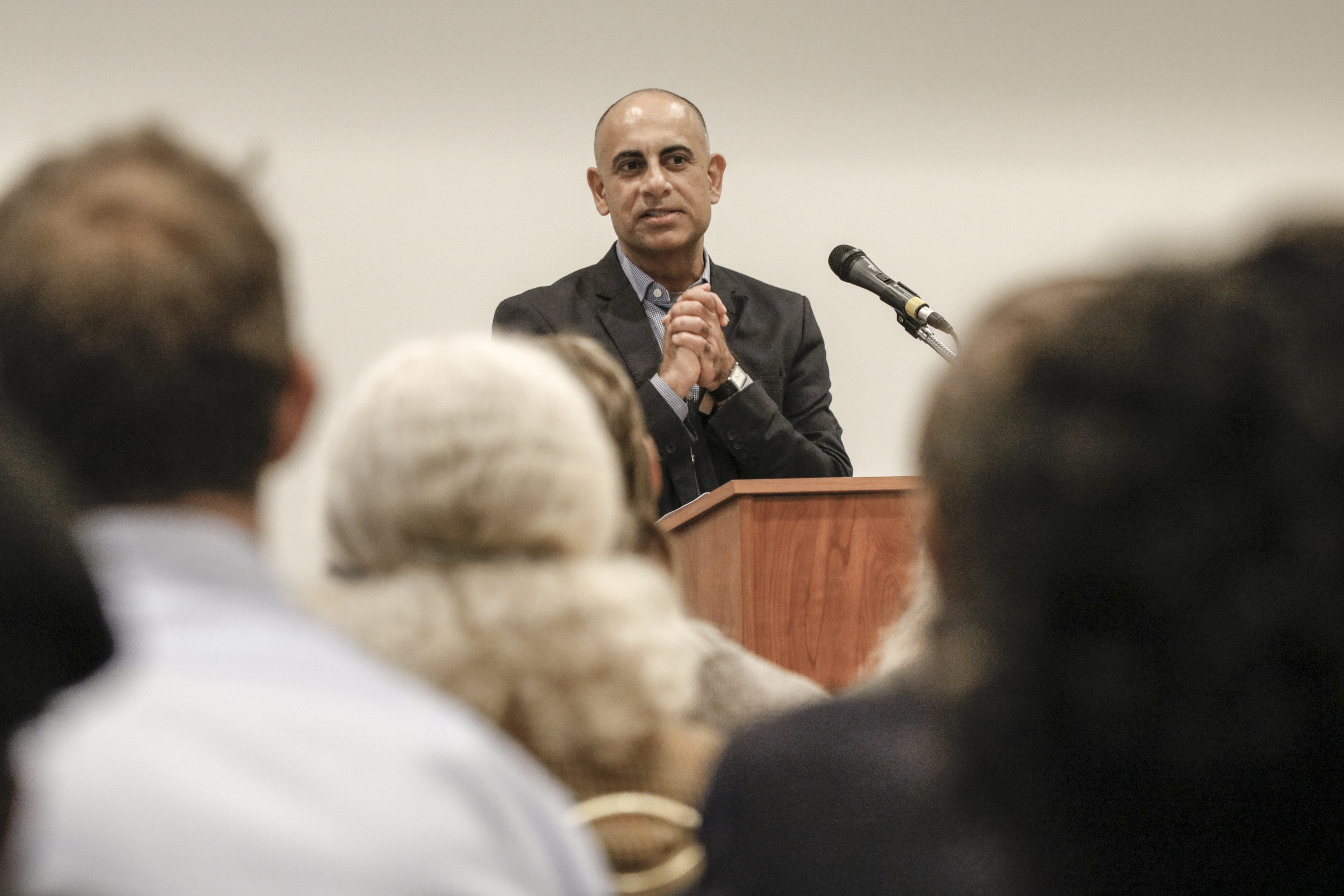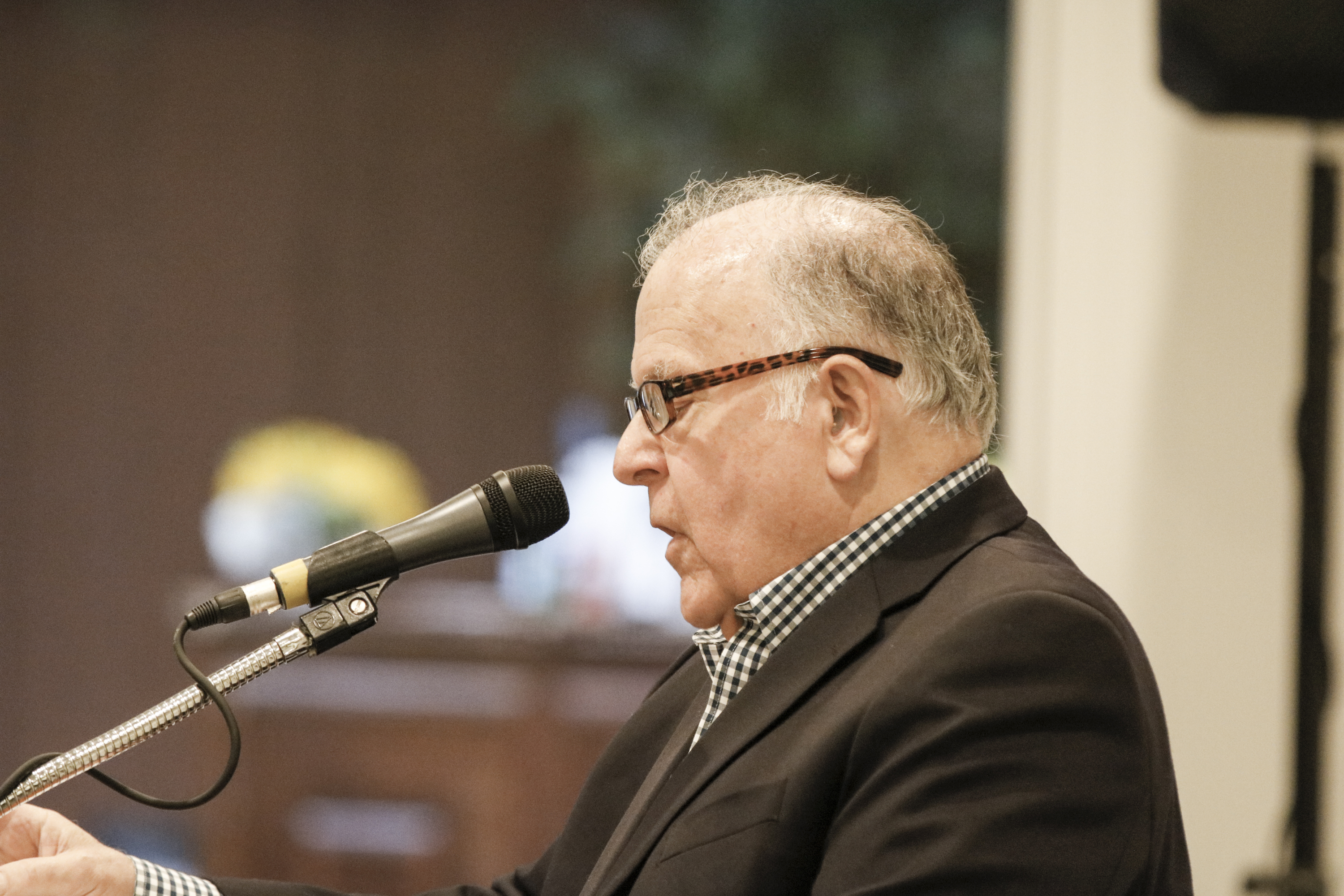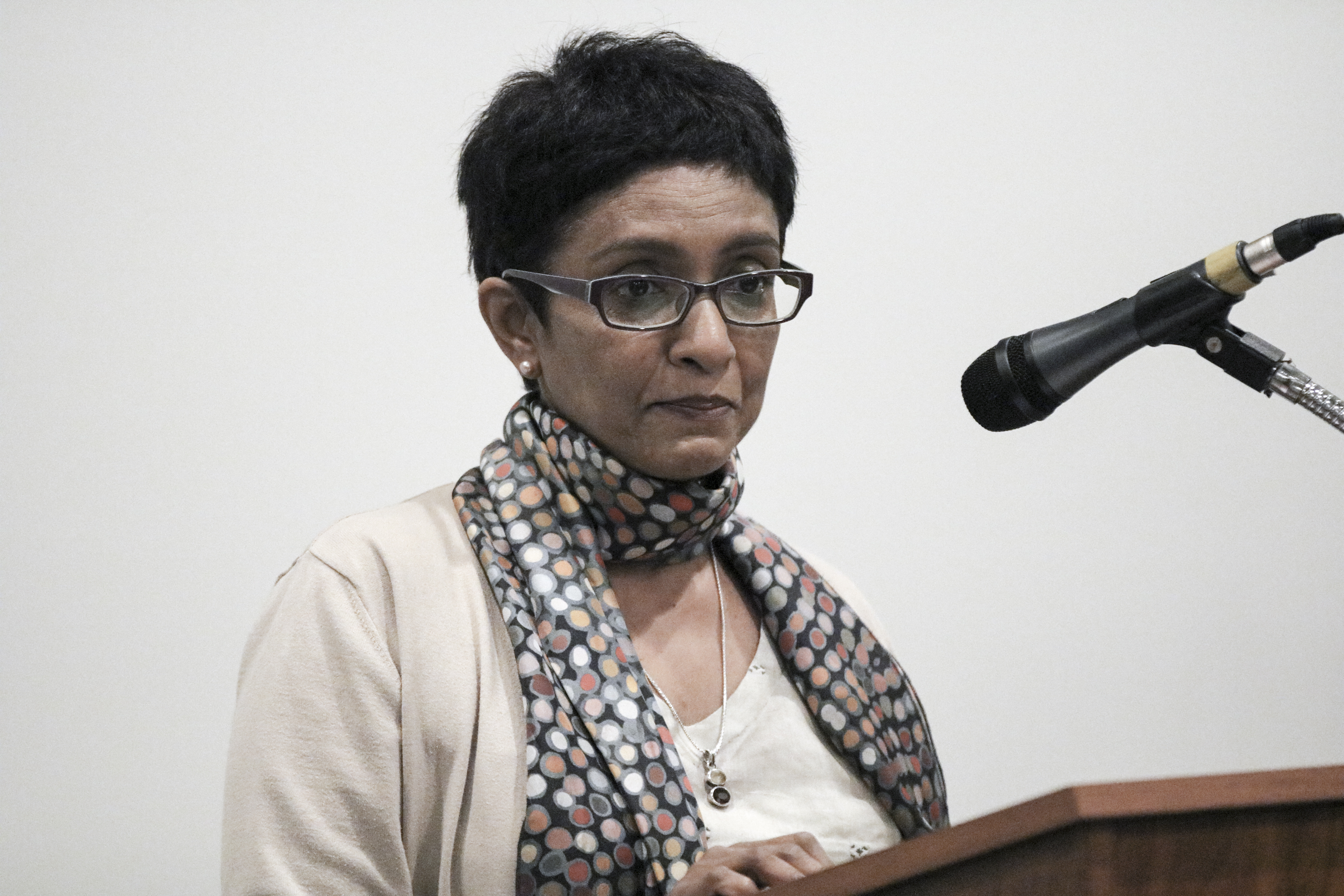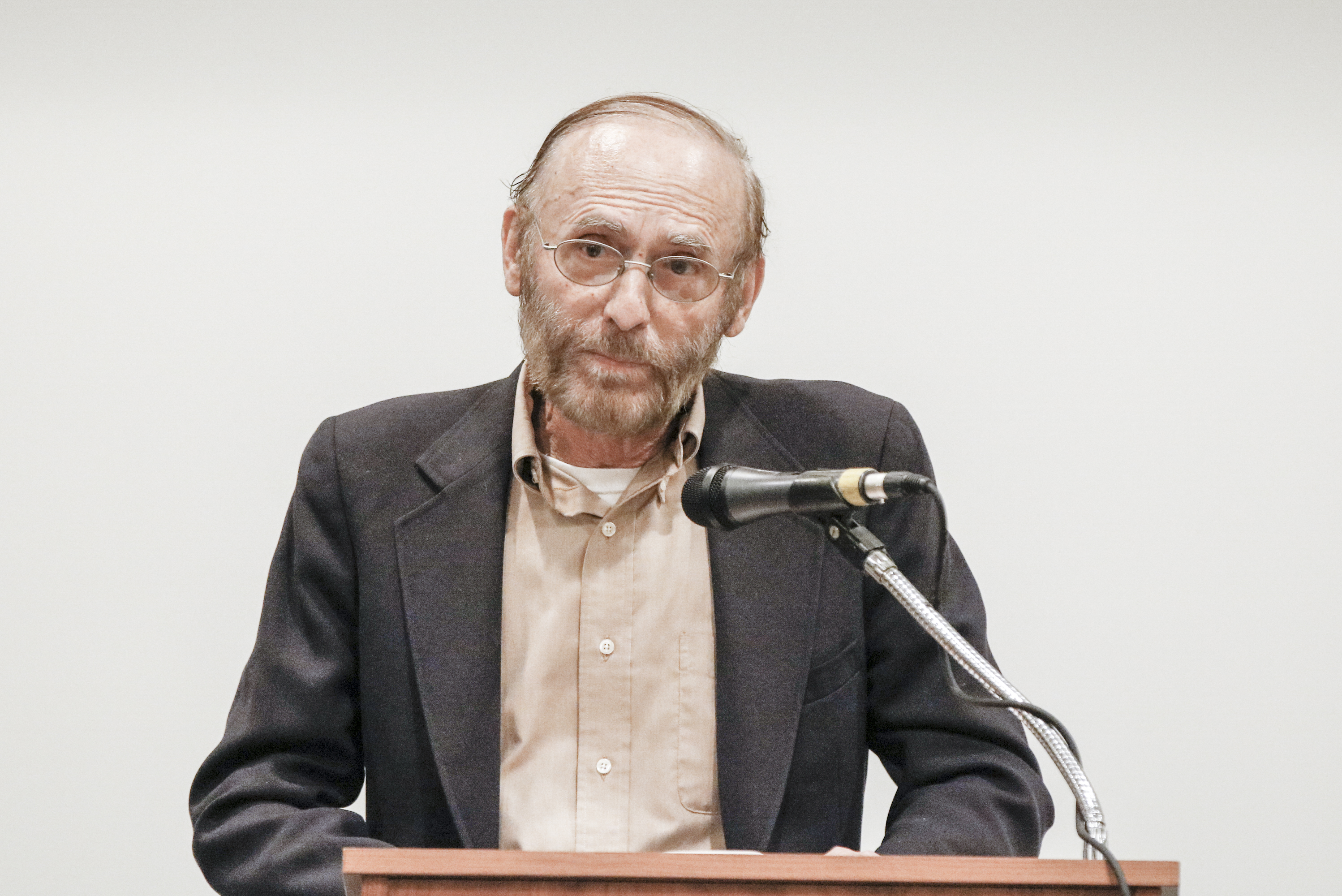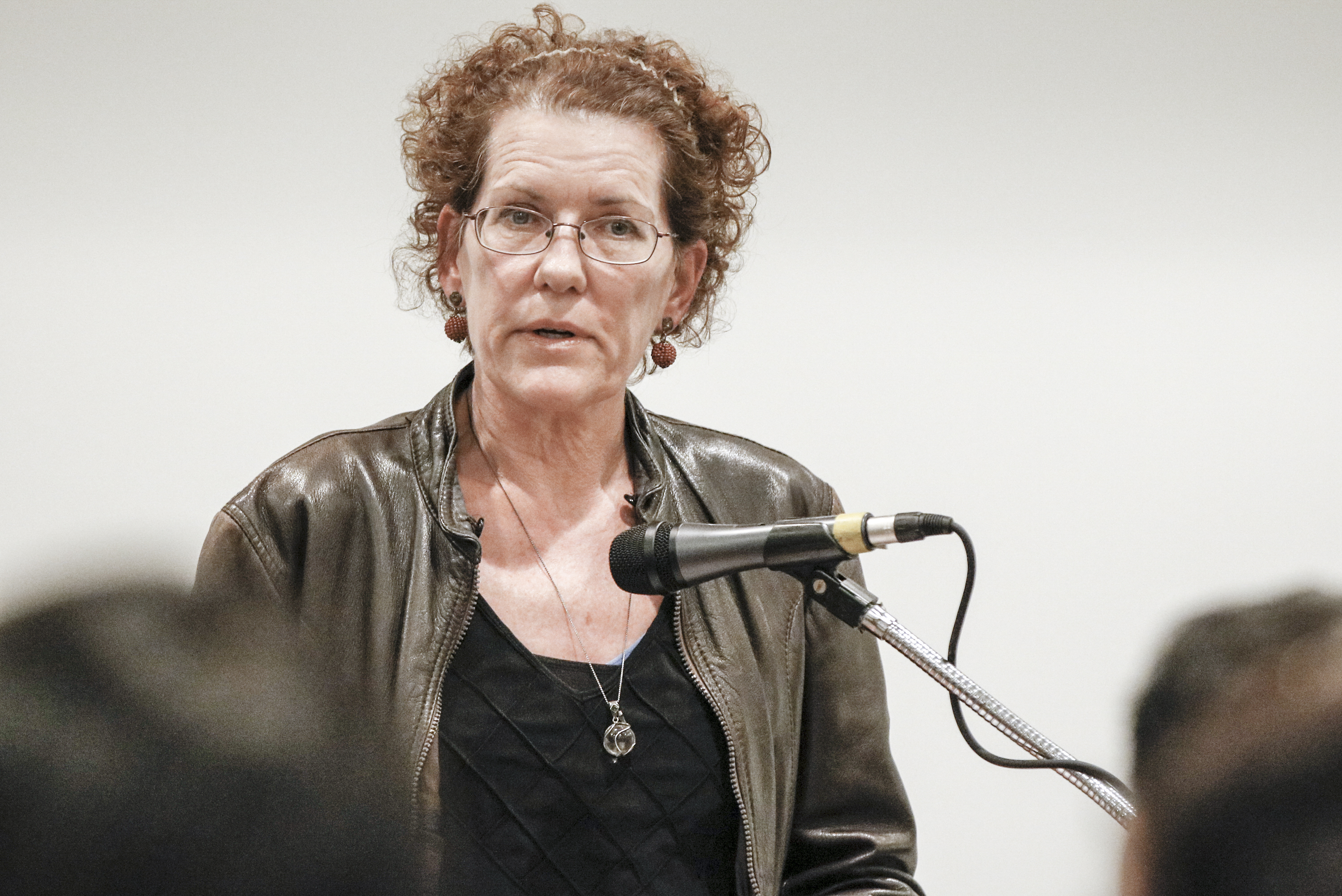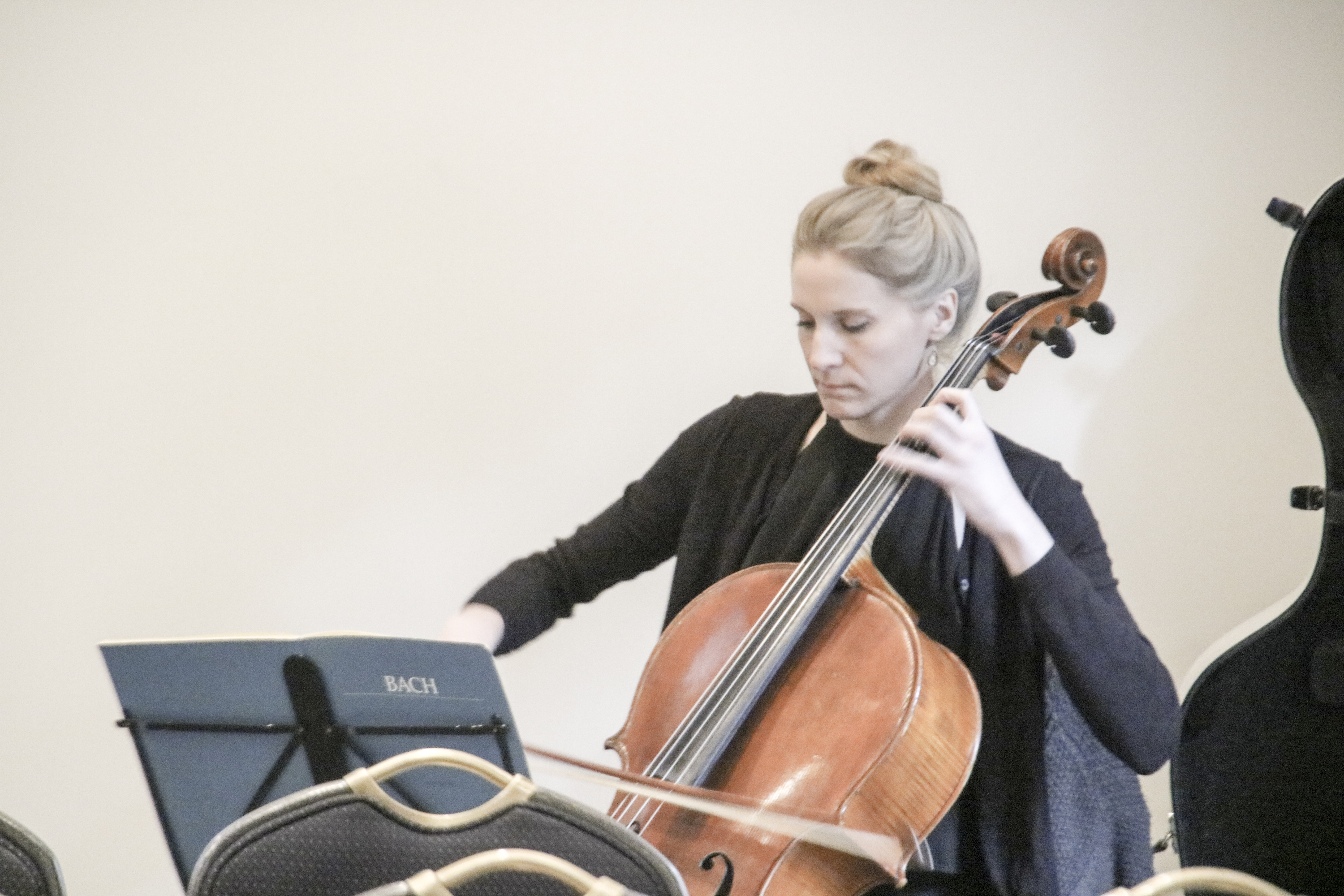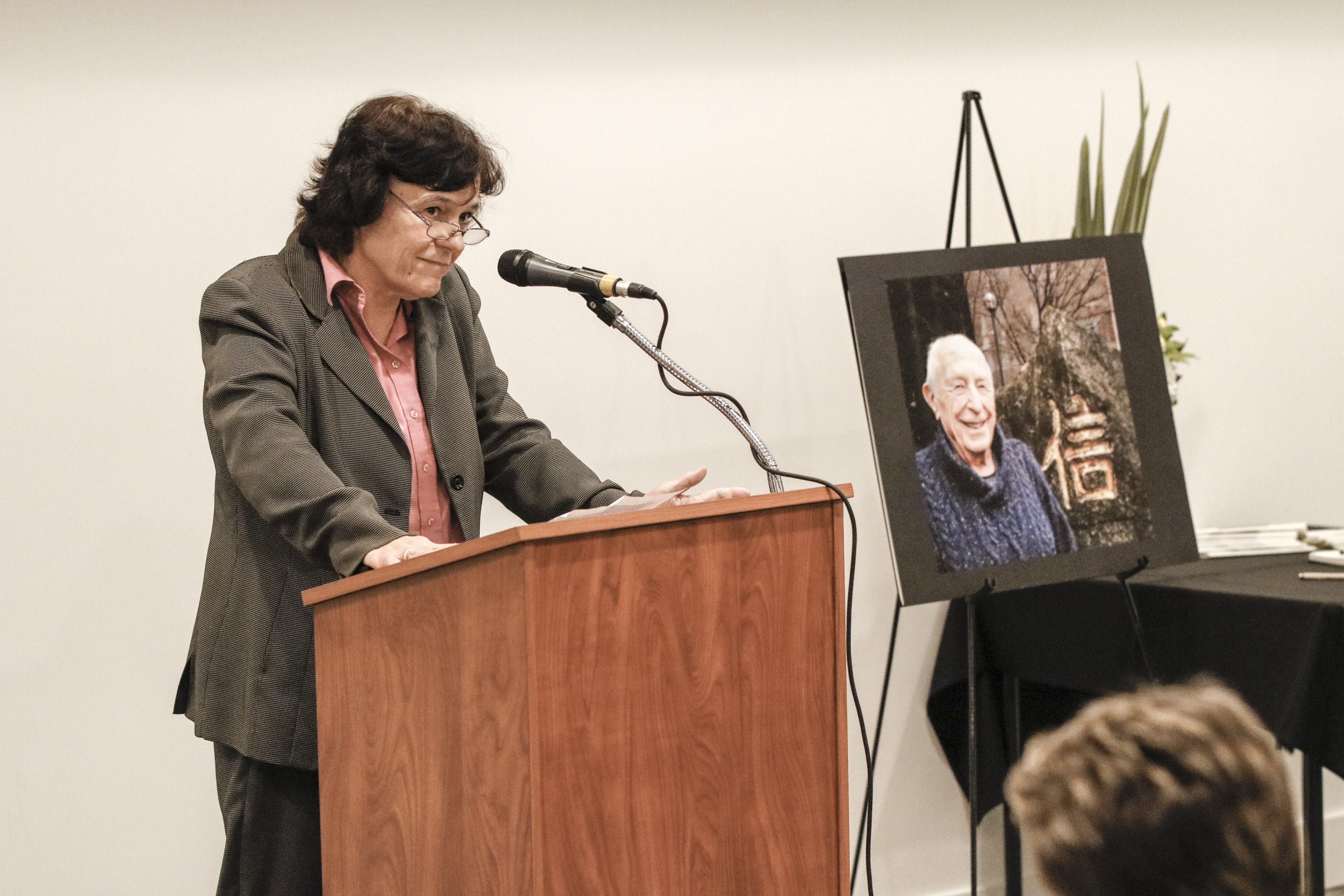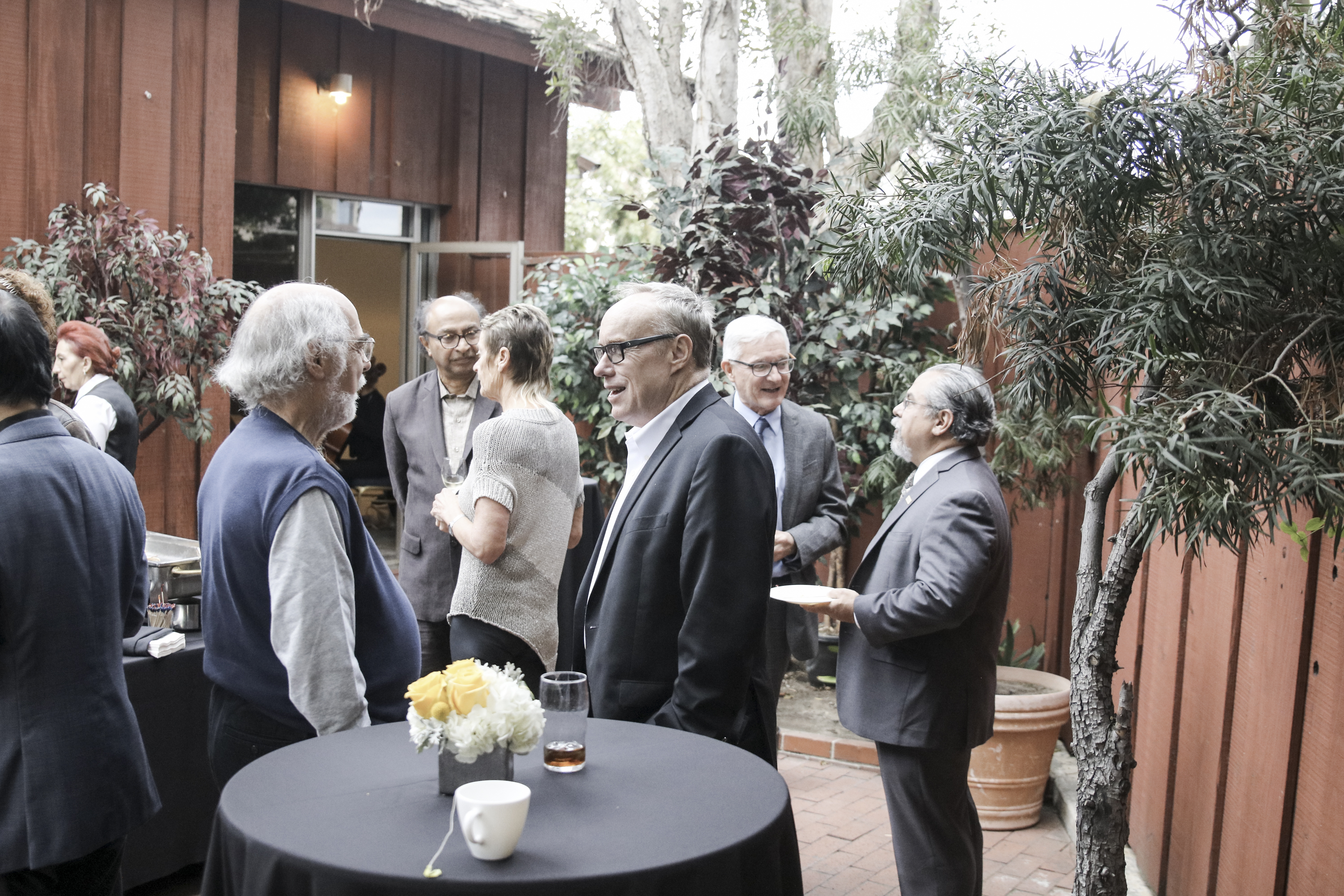By Les Dunseith
Thanks to advances in medicine, the number of Americans age 65 or older is expected to double in the next 25 years, and the oldest of the old – those 85 and older – now constitute the fastest growing segment of the U.S. population, according to the National Institute on Aging.
Coping with the societal impact of this demographic reality is a challenge that “we find ourselves woefully unprepared” to deal with, said UCLA Luskin urban planning professor Anastasia Loukaitou-Sideris, who is also UCLA’s associate provost for academic planning. “Most seniors live in cities, but the cities are not really designed, planned or developed for them.”
New policies will be needed to successfully adjust to an aging population, and a key player in helping to shape those policies is the next Meyer and Renee Luskin Lecture speaker, AARP’s Jo Ann Jenkins. She is the CEO of an influential national organization that has more than 37 million members over age 50.
During her lecture at Skirball Cultural Center at 6 p.m. on Feb. 7, Jenkins will talk about the transformation of AARP into a leader in social change, dedicated to enhancing quality of life for people as they age.
“She will convey very clearly that older adults are equal citizens who have a right to expect the same rights and benefits and amenities from cities as other groups,” Loukaitou-Sideris said. “This is not yet happening. The onus is on the people who are the city builders, the policymakers, the planners, the politicians.”
Because those are the types of people who work and study at the UCLA Luskin School of Public Affairs, hosting a visit by Jenkins was a natural fit. But her presentation about AARP will also be of interest to staff, faculty and students in many other departments on campus.
“UCLA is the premier university when it comes to geriatrics and the biomedical side of gerontology,” said Fernando Torres-Gil, professor of social welfare and public policy. “UCLA, as a university, has tremendous research strength in issues of aging.”
The Luskin Lecture by Jenkins is an example of a growing relationship between the university and AARP that was fostered by Torres-Gil over the past few years while he served on the organization’s board of directors.
AARP is “beginning to understand what we can do for them,” he said about UCLA. “In a nation becoming old and moving to majority-minority status, AARP needs to take a leadership role in responding to multicultural populations and the nexus with aging.”
California, and Los Angeles in particular, present a perfect opportunity for organizations such as AARP to achieve a better understanding of the needs of older Americans from diverse ethnic and cultural backgrounds. One aspect of that effort is a $300,000 grant from AARP to help fund the research of faculty members such as Loukaitou-Sideris, whose studies of the public environment in and around cities have previously noted shortcomings related to the needs of older residents.
For example, because of a lack of public transit options, many elderly people are reluctant to give up driving their cars even when continuing to do so presents a safety concern for themselves and others.
“The truth of the matter is that American cities, and especially West Coast cities that have built so much around the automobile, are not age-friendly cities,” Loukaitou-Sideris said.
Not only are people living longer, but their expectations for quality of life are changing as well. This notion of re-thinking what it means to grow old is one that Jenkins has championed since she became the leader of AARP in 2014, and it is the core message of the bestselling book, “Disrupt Aging,” that will also serve as the topic for her UCLA lecture at Skirball Cultural Center.
In Jenkins’ view, people need to challenge the negative stories often associated with getting older. Her book chronicles Jenkins’ own journey, as well as those of other individuals who are working to change what it means to age in America.
Jenkins has been described as a visionary and thought leader, a catalyst for breakthrough results, accelerating progress and contribution while fostering positive relationships inside and outside her organization, according to Tammy Borrero, UCLA Luskin’s director of events.
The societal evolution that Jenkins and AARP envision cannot be accomplished through words alone, of course. “You want to disrupt aging – this can be your desire – but you really need to have design, planning and policy in place to do that,” Loukaitou-Sideris said. “And that’s where UCLA Luskin comes in.”
Jenkins’ UCLA Luskin Lecture is free and open to all, but an advance RSVP is required for admittance. Details can be found here.
